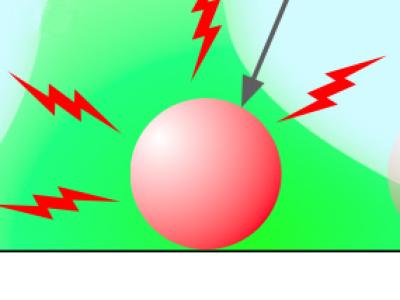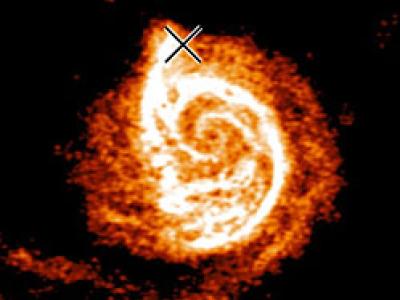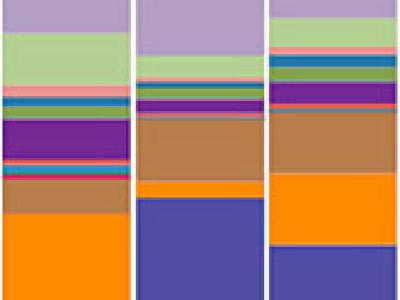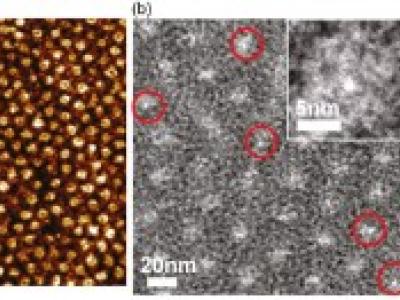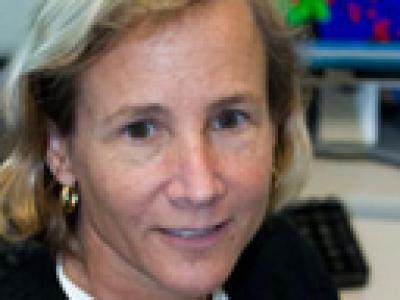James Berger receives National Academy of Science honor
The National Academy of Sciences (NAS) has honored 13 individuals with awards recognizing extraordinary scientific achievements in the areas of biology, chemistry, physics, economics and psychology. James M. Berger, Walter and Ruth Schubert Family Chair in Biochemistry and Molecular Biology at UC Berkeley, is the recipient of the NAS Award in Molecular Biology.


